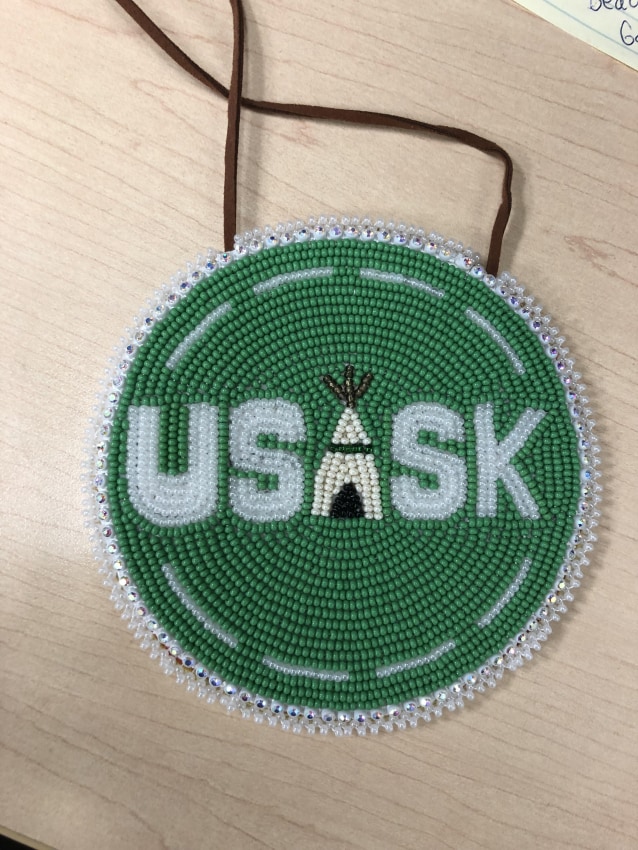It is time for the university to apologize to Indigenous students and communities for the role it played as a bystander in the implementation of the policies of the Indian Act. Now is the time to act.
It has been five months since I completed my term as University of Saskatchewan Students’ Union president and I have since been reflecting on my time in the position. I thank U of S students for allowing me to take on this role in the 2019-20 academic year; I will forever be grateful for this opportunity to fulfill many of the things I only dreamed of doing as a kid growing up in a northern Saskatchewan community.
Above all, the greatest achievement for me this year was being the fifth Indigenous person elected to serve U of S students in this position in the 113 years of the university’s existence.
It’s made even more encouraging by the historic election of Autumn LaRose-Smith and Kiefer Roberts, both Indigenous students, to the student union executive this year.
This is important to me because it wasn’t long ago that First Nations students weren’t allowed to even attend or graduate from university without giving up their rights to status. This was due to a policy known as “enfranchisement” and was used by the Government of Canada to assimilate Indigenous people into Canadian society, therefore making Indigenous people feel ashamed of their identity. This was implemented under the Indian Act until 1961.
I think it’s important to ask: where would we be if such policies continued today? Would the University of Saskatchewan be celebrating the nearly three thousand Indigenous students enrolled here now? Would students have ever seen an Indigenous person serve as USSU president?

It is the resiliency of our ancestors and the willingness of our allies to act, despite the consequences they face, that have brought us to where we are now. Though there is much that has been accomplished in terms of the number of self-declared Indigenous students present on campus today, there is much more work to do for the students to come.
Here is how the University of Saskatchewan can act. Throughout the year, the 2019-20 USSU executive team consistently advocated for the University of Saskatchewan to lead among U15 universities in apologizing to Indigenous students and communities for the role Canadian universities played in being bystanders while the government was implementing the policies of the Indian Act. Although the university didn’t create these policies, they followed them. They played a part in the oppression and assimilation of Indigenous peoples.
However, an apology is just the start — in today’s day and age, we’ve seen that they only go so far. The University of Saskatchewan has a real chance to act through this apology towards Indigenization and “transformative decolonization”, two commitments the university has made under the leadership of President Stoicheff.
The University of Saskatchewan must show sincerity in their apology by giving up what policies like the Indian Act have tried to take away from Indigenous peoples: power. It is my belief that in order for true decolonization to occur, institutions must give back power to Indigenous peoples. The university needs to make room for Indigenous students and communities to influence what power, or self-determination, looks like moving forward, keeping in mind that it may change with each generation that attends campus.
One of the joys of being the USSU president was witnessing the many Indigenous students at last June’s convocation wearing their traditional regalia, beadwork, and sashes as a reclamation of the spaces we weren’t allowed to be a part of not so long ago. It is for those students, and for those to come, that the University of Saskatchewan must act now.
—
Regan Ratt-Misponas
Photo: Regan Ratt-Misponas
Leave a Reply